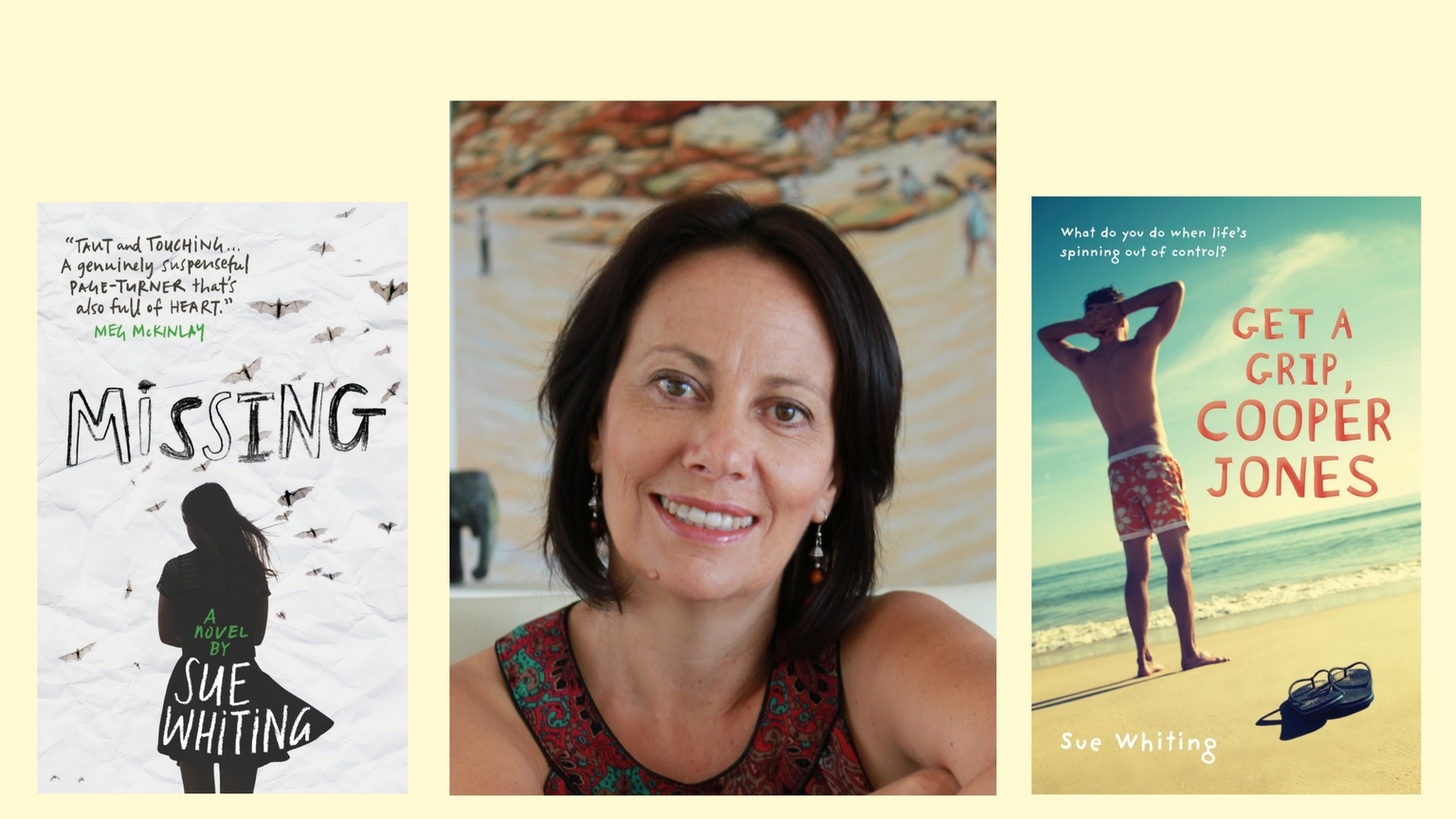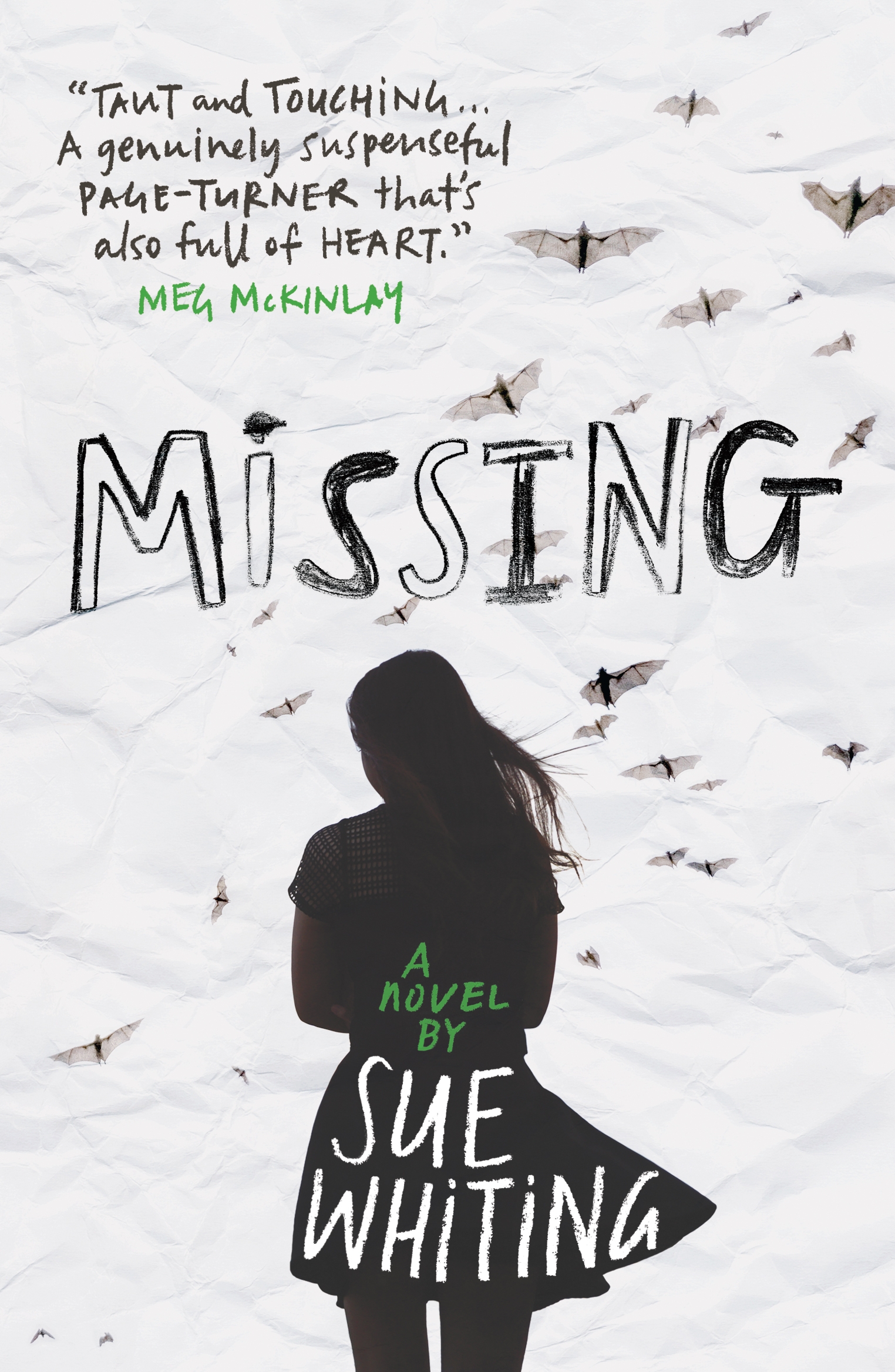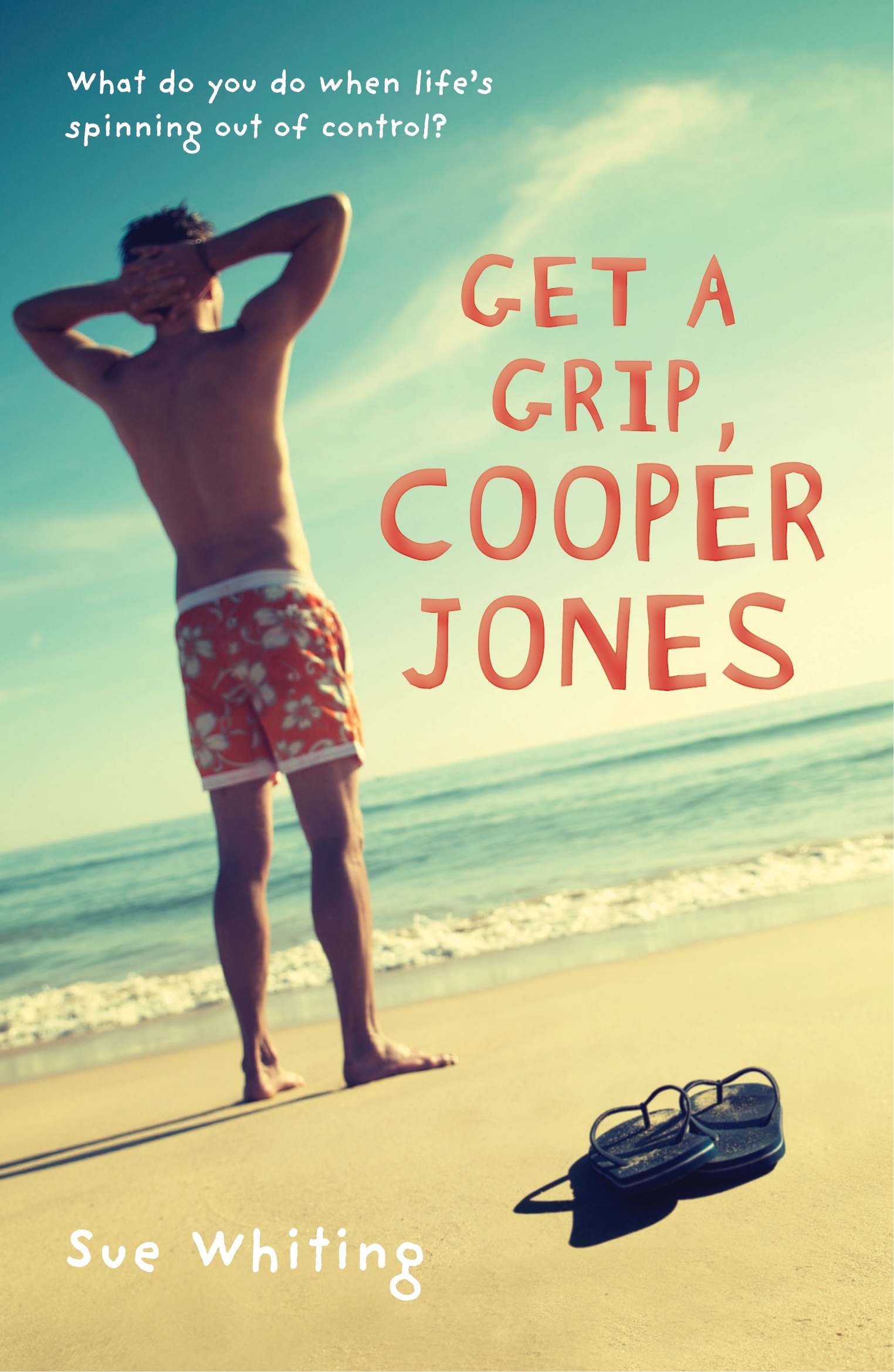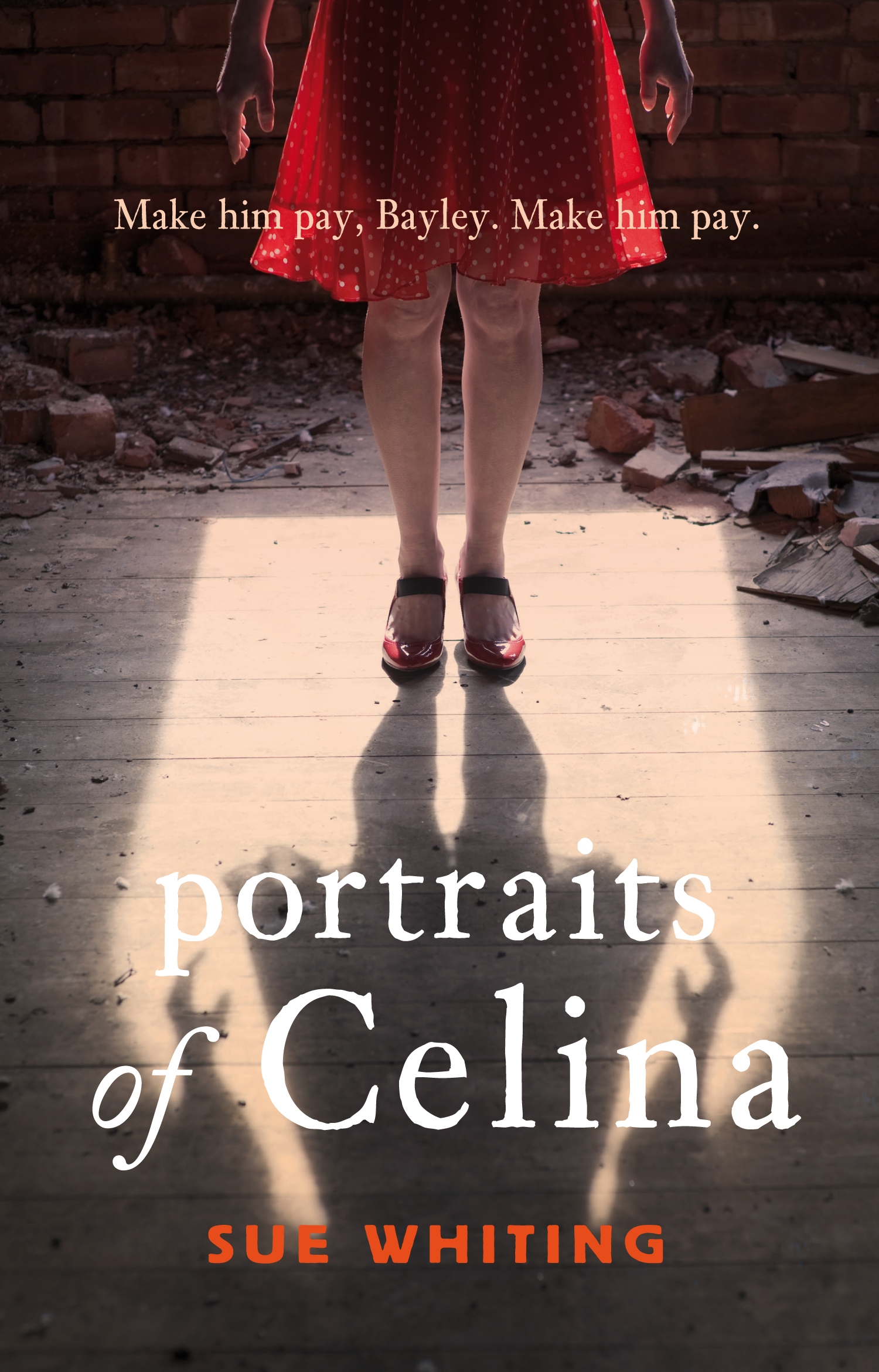Australian author Sue Whiting has written numerous books in a variety of genres: fiction and nonfiction, picture books through to YA, including the best-selling The Firefighters, and the award-winning A Swim in the Sea. As well as writing for children, she is an editor, writing coach and mentor, and a tutor for The Australian Writers’ Centre.
In March, she released her 65th book, aimed at kids aged ten and over, called Missing. In it, Mackenzie’s bat biologist mother has been missing in Panama for three months. Mackenzie’s father can’t believe she’s not alive, so drags Mackenzie to Panama to find her, no matter what. It is a tense, absorbing narrative which moves through ‘before’ and ‘after’ without breaking its flow. Sarah Forster interviews her for The Sapling.

Sarah Forster: One of the real strengths in your work is a genuine teenage voice. How do you figure out who your lead character should be? Are you a pre-planner, or a get-it-all-downer?
Sue Whiting: Having an authentic teen voice is very important to me and it often takes a while before I get to know the character well enough to be able to write from his or her point of view. I usually know who the lead character is pretty soon after the initial inspiration. In fact, it is deciding on the character and to getting to know that character that shapes what is going to happen in the story.
I don’t plan everything before I start, but I do try to have a good sense of what the story is about in a nutshell, what is driving or motivating my character and how I think it will end. I also like to have a few key scenes or turning points worked out. Of course, as I write, new and often better ideas emerge and I try to be flexible and change my plans accordingly.
SF: Each of your most recent YA titles have teens managing complex emotional situations, with their parent/s themselves being emotionally compromised in some way. What is it about these stories that draws you to them, do you think?
SW: That is a great question! Though I’m not sure if I have an answer. Life is complex and messy, and I always try to write honestly and be true to the situations I am exploring, and this means that sometimes my characters, adult and child alike, may be struggling emotionally. I am certainly fascinated by the way people behave when under great stress or experiencing trauma. Everyone is so different; there is never ‘one’ way to handle a particular circumstance.
Life is complex and messy, and I always try to write honestly and be true to the situations I am exploring…
SF: I was on the edge of my seat throughout Missing. The frantic trip to Panama, the dramatic behaviour of Mackenzie’s father. Your action sequences in particular were engrossing – how do you approach writing these?
SW: Thank you! I am quite visual, so to start with I usually just try to get down in words the ‘movie’ that is playing in my mind. Then I go back over the scene and try to ensure that it is character-driven, rather than plot-driven, thinking in terms of cause and effect, action and reaction, and making sure my readers have plenty to worrying about for that character. This, I think, is often more engaging than the actual ‘action’ of the scene.

SF: Mackenzie was wracked with uncertainty throughout Missing, because she didn’t have her Nana – or any way of connecting to her, thanks to her father urging her to leave her phone at home. The mysterious postcard and an opportune suggestion led her to wild conclusions. Was this plot tangent inspired by anything real-life?
SW: Not intentionally. But I am prone to jumping to wild conclusions at times, and there have been many occasions when I have joined the dots to come to a particular conclusion that turned out to be far from the truth. This I think is human nature – one of our survival/coping tactics – forming a narrative about situations to help us understand what is happening and to enable us to cope. Mackenzie had a lot to cope with and was kept in the dark by the adults around her, so I wanted to create a situation where she constructed her own narrative about what might have happened to her mother, as a way for her to cope with and make sense of the devastating loss.
…I wanted to create a situation where she constructed her own narrative about what might have happened to her mother, as a way for her to cope with and make sense of the devastating loss.
SF: While Portraits of Celina and Get a Grip, Cooper Jones were both set in Australia, Missing was set predominantly in Panama. How did you research this setting? And what came first – the bat-collecting professor mother, or the setting?
SW: The bat biologist mother came first. I had researched bats for another story that I’d abandoned, so very early on I decided that Maggie would be studying bats. I then searched the world via the Internet to find an intriguing location that was a long way from Australia but was also plausible for Mackenzie and her dad to travel there. When I discovered Honduran White Bats (amazing little creatures) were found in the jungle near Boquete, Panama, my location was decided.
Having never visited Central America, let alone Panama, I needed to do some extensive research to be able to bring the setting to life. I had two very lucky breaks though. One was being put in contact with an Australian woman, Dianne Heidke, who has lived in Boquete for about twelve years. She answered all the questions that only someone with local knowledge can answer and acted as my sensitivity reader for the final manuscript. The second lucky break was discovering that there were four CCTV cameras in the main square of Boquete that streamed live feed on the internet twenty-four hours a day. This meant I was able to watch the comings and goings of the townsfolk, understand the rhythms of the day and get a real feel for the town, from the comfort of my desk chair in Australia!

SF: In Get a Grip, Cooper Jones, Cooper Jones and Abeba couldn’t come from more different situations, yet they have enough in common to become friends. How did Ethiopian adoptee Abeba come to you as a character?
SW: I loved writing the character of Abeba. She came into the story quite unexpectedly. I knew Cooper needed a friend in the town, so I started writing a scene in my notebook where he is at Gilmore’s house having a barbeque and was about to meet Gilmore’s niece. I had no idea she was Ethiopian until the back door opened and out she stepped. It was a gorgeous surprise to me, and one that opened up so many wonderful possibilities to support the central story idea. So I went with it, and quickly became an expert in overseas adoption and Ethiopia. Who am I to argue with my subconscious mind?
SF: Portraits of Celina is a story of love, ghosts and a life cut short. Like in Missing, there is a Nana who is deeply involved in the protagonist’s day-to-day life. Can you talk about how important these relationships are in a teen’s life?
SW: Wow. I hadn’t realised that. But you are right. Interestingly, I didn’t have this kind of relationship with either of my grandmothers. One I never knew and the other I only saw a couple of times before she passed away when I was ten. Similarly my own children didn’t have the opportunity to form this type of relationship with their grandmothers either, because of illness and death. So, you’ve got me wondering if I am exploring this relationship because I haven’t really had the privilege to experience it myself! To be honest, I have always felt a little envious of those who have had close relationships with grandparent and, as such, do believe they are very important and something that has been missing in my life. God willing, maybe I will be able to have that relationship with my own grandchildren one day. (But I’m not in a hurry.)
I didn’t have this kind of relationship with either of my grandmothers… So, you’ve got me wondering if I am exploring this relationship because I haven’t really had the privilege to experience it myself!
SF: It’s great to see teen books written from a first person perspective. How do you choose the perspective to approach your books?
SW: Trial and error. I actually wrote the first draft of Portraits of Celina in third person and then changed to first person in the second draft!
First person allows you to tell the story as a teen would tell it – so you are telling the story not only through the eyes of the protagonist, but also with his or her voice. This enables you to write more authentically, tap into the character’s emotions more and to be better able to connect with your readers.

SF: You also write picture books. Are you always writing in different formats, or do you go through phases of inspiration for each format?
SW: I do enjoy writing in different formats, and am especially fond of picture books. The wonderful picture books that I read to my students when I was a young teacher are what led me to start writing my own books. I have two pictures books in production at the moment and am working on another novel for 10-14 year olds in a similar vein to Missing. So, the pattern continues!
SF: How do you stay up to date with teenage language?
SW: This is getting increasingly difficult. And it’s not just teen language, but also the world that they operate within, which is very different to when I was a teen. But being nosy and a bit of an eavesdropper helps – and keeping up with current social media, TV, movies and music. And reading great YA!
SF: What are you reading now? Do you read any New Zealand YA authors?
SW: I am reading The Girl, the Dog and the Writer in Rome by Katrina Nannestad. A fun middle grade novel full of quirky characters set in ITALY. (I love Italy!)
I have read some New Zealand authors: Rachael Craw, Kate De Goldi, Margaret Mahy, Joy Cowley, to name a few…


Sarah Forster has worked in the New Zealand book industry for 15 years, in roles promoting Aotearoa’s best authors and books. She has a Diploma in Publishing from Whitireia Polytechnic, and a BA (Hons) in History and Philosophy from the University of Otago. She was born in Winton, grew up in Westport, and lives in Wellington. She was a judge of the New Zealand Book Awards for Children and Young Adults in 2017. Her day job is as a Senior Communications Advisor—Content for Te Herenga Waka—Victoria University of Wellington.



